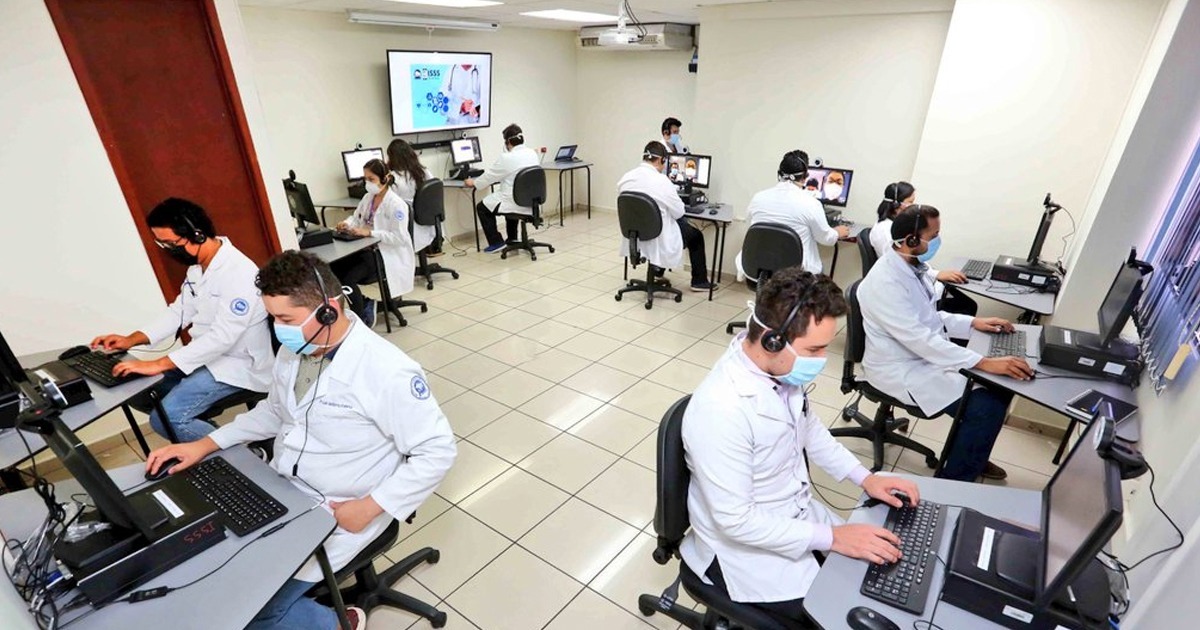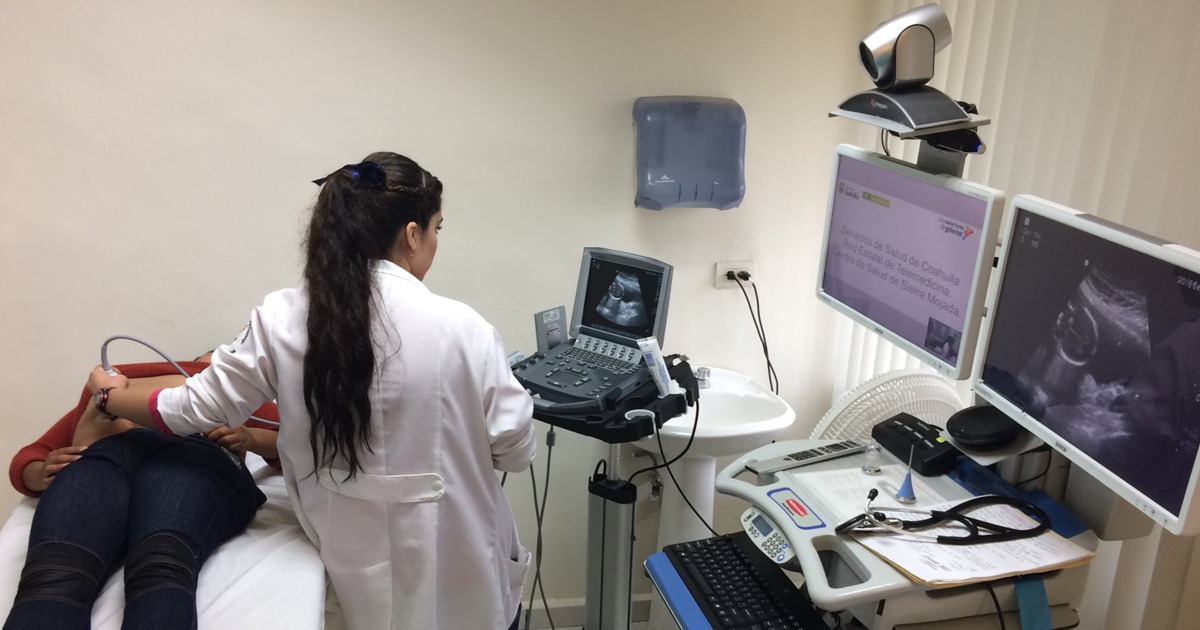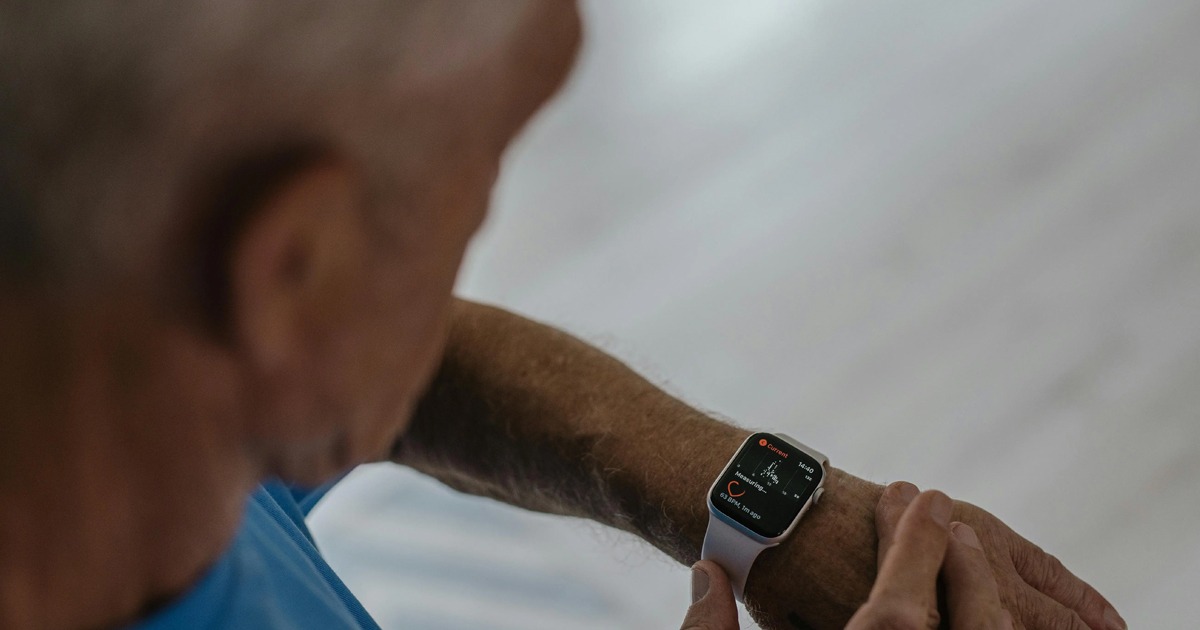The editorial in the new April issue of The Lancet Digital Health, addresses the topic of digital tools for mental health care in times of health emergency.
At the beginning of 2021, in January, member states of the World Health Organization (WHO) discussed the importance of introducing mental health services into the response to public health emergencies such as currently during the COVID-19 pandemic. One of WHO's proposals was that health services should include remote mental health services through innovative technologies that promote equitable access to telehealth.
The WHO reported that 91 out of 131 countries have adopted telemedicine or teletherapy services, in other words, 70% of the countries have introduced or expanded their remote mental health consultation services during the pandemic.
On the other hand, according to The Lancet, there are approximately 20,000 mobile applications dedicated to mental health, although some are supported by evidence of efficacy, not all of them comply with an inclusive design.

The digital divide and equitable access are the main challenges in the digitization of health services. " Digital tools should not just be used reactively in mental health. AI and big data can be leveraged to understand the impact and scale of mental health issues emerging in response to the pandemic", the article explains.
Through machine learning models on SMS text messages and social network data, studies have been published that have detected an increase in language related to mental health problems related to COVID-19. However, it is not necessary to resort to sophisticated technology alone; studies have been conducted in the United Kingdom collecting data on the impact of the pandemic on people's well-being through online surveys and phone calls.
“However, the research community must take the time to address fundamental issues such as the representativeness of population samples and the clinical validity of the measures used to define and identify mental health conditions—and, of course, the ethical issues surrounding data collection and privacy”, The Lancet explains inthe editorial article.
It closes by explaining that digital tools can be an effective way to provide large-scale mental health support during the pandemic. However, researchers and practitioners are an important part of the implementation of these types of technologies, which in addition to providing access to health during times of emergency, also manage to provide equitable and diverse health services to the population.





